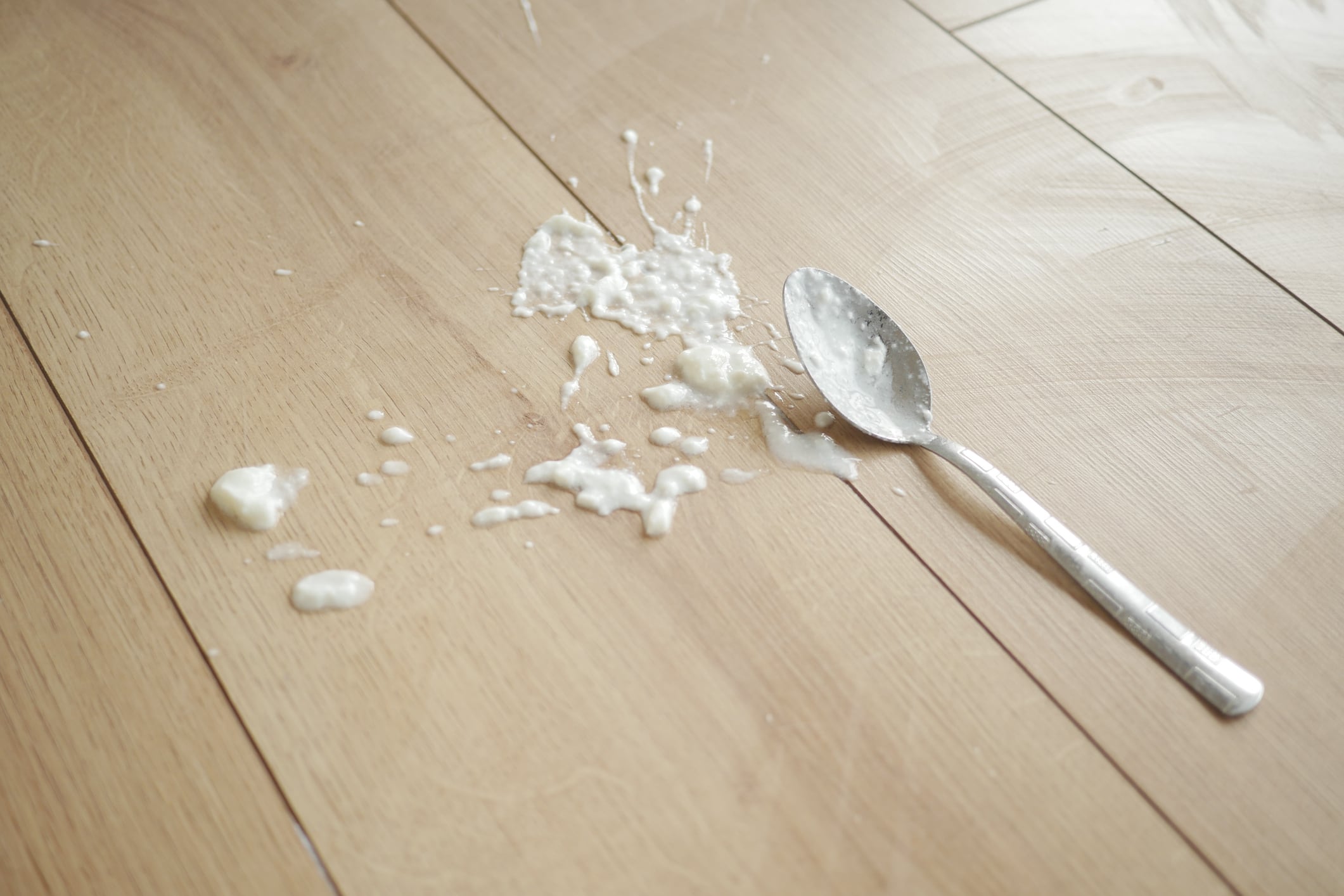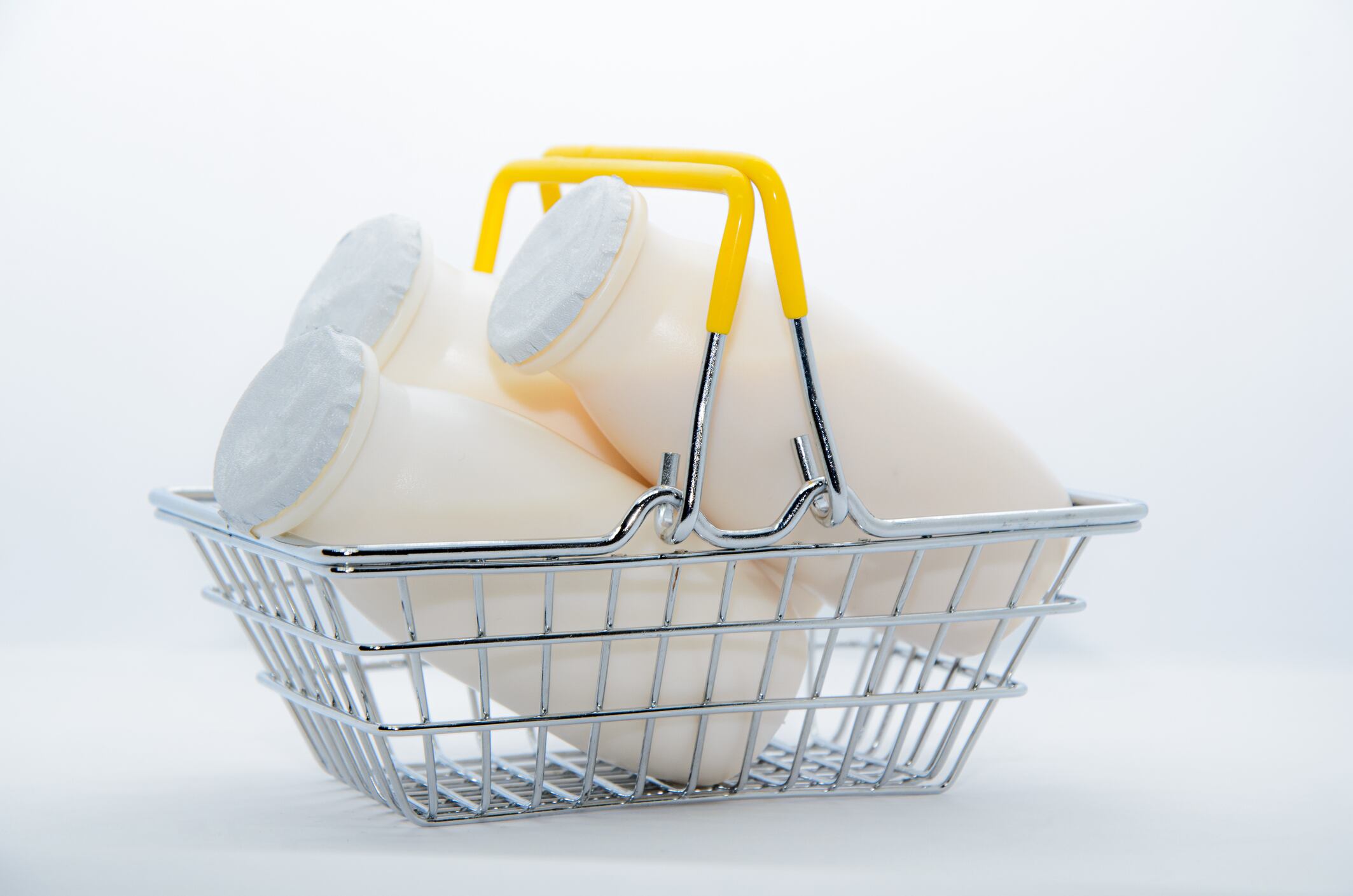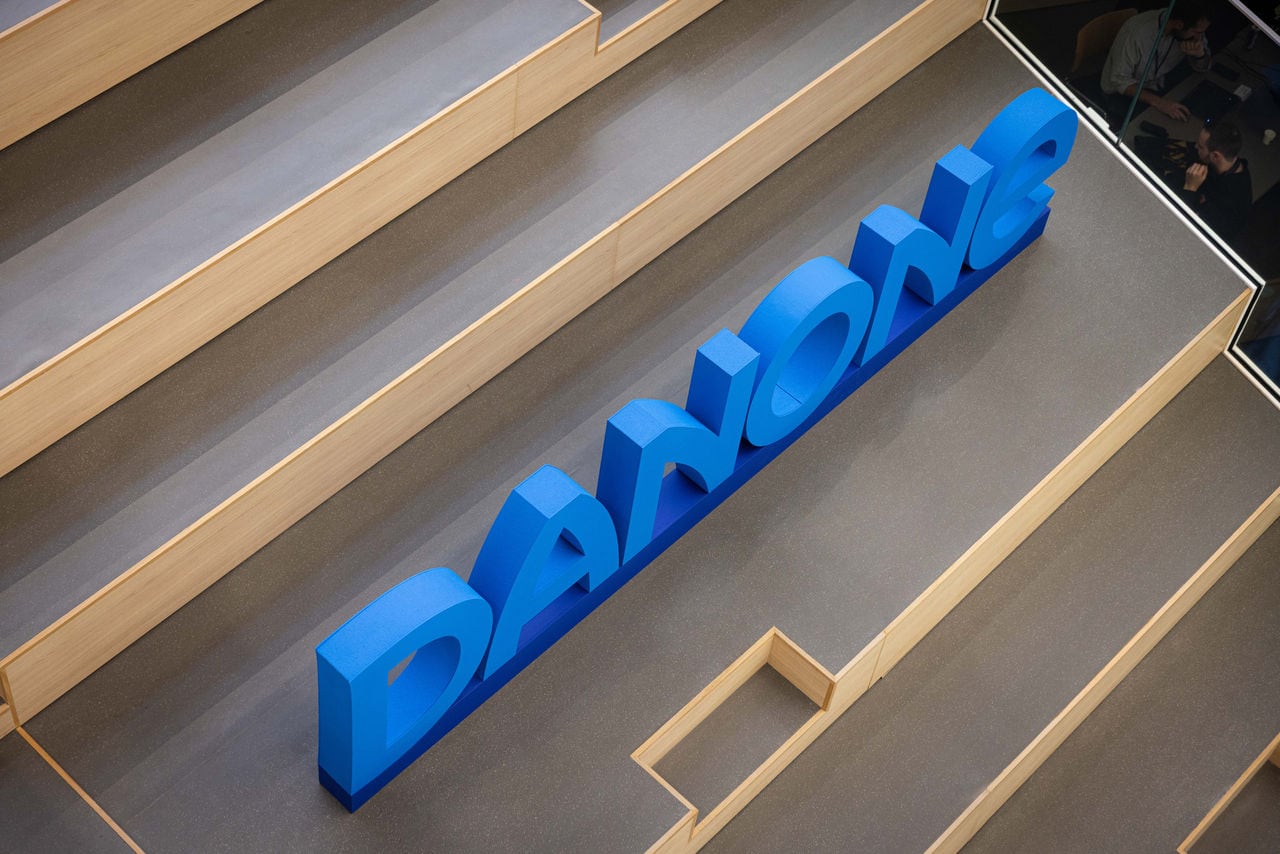What happened between Danone and Nutri-Score?
- Danone was an early Nutri-Score supporter but has since withdrawn
- Nutri-Score creators now accuse Danone of misleading health claims
- Criticism focuses on hidden added sugars in Danone’s drinkable yoghurts
- Danone opposes Nutri-Score’s reclassification of dairy drinks as beverages
- Nutri-Score’s EU support is waning as major brands like Nestlé pull back
Danone and Nutri-Score’s relationship wasn’t always sour. When the nutrition labelling scheme first entered the market, Danone was among the first adopters. Soon, Danone was rallying for the mandatory adoption of Nutri-Score across Europe.
But fast forward to 2025, and we see a very different story. Not only has the relationship ended, with Danone stripping Nutri-Score from its labels, but it appears in the aftermath of the breakup there’s significant animosity.
How do we know? The creators of Nutri-Score have very publicly singled out the dairy company – one of the world’s biggest – for promoting what they say is a misleadingly healthy image of some of its products.
Nutri-Score argues Danone’s products aren’t as healthy as it suggests
The Nutri-Score creators take issue with the sugar content in some of Danone’s products. Added sugar, they say, is the real culprit.
All would be well and good if Danone prominently displayed the added sugar content in certain varieties of its Actimel, Activia and Danonino drinkable yoghurts, and its HiPro protein drinks. But it doesn’t, they claim in a public blog post.
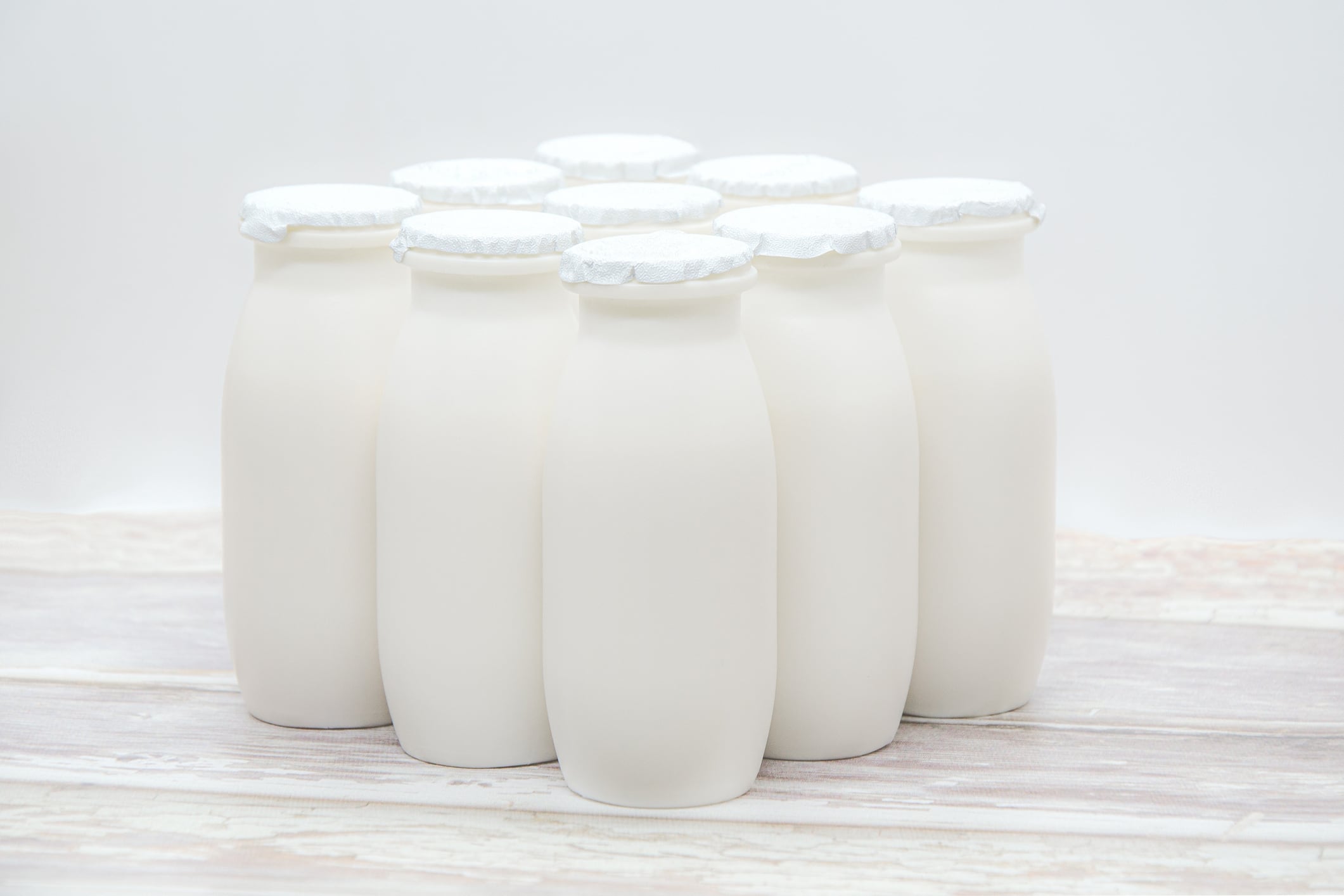
“While this information is available on the packaging, it is in very small print, buried in the mandatory nutritional values table, placed nearly unreadably on the back of the packaging.”
By prominently displaying health-related information, like protein and calcium content, and inclusion of calcium, vitamins B6 and D, and protein on the brand websites, the researchers insinuate Danone is fabricating a ‘health halo’ effect – intentionally promoting an unjustified healthy image of these products.
When did Danone and Nutri-Score’s relationship turn sour?
Of course, Danone wouldn’t be able to fabricate a so-called health halo if it carried Nutri-Score - which gives food and drink products a colour-coded letter from A (dark green) to E (red).
But, the dairy giant doesn’t want to. At least not on its dairy and plant-based drinkable products since Nutri-Score updated its algorithm.
Prior to the algorithm change, dairy-based drinks were assessed as food. But as of 2022-23, they’re now classed as beverages. As such, they can be ranked anywhere between B and E, but high sugar content will push them down to D or E.
For Danone, that means plain, sugar-free drinks could achieve a B, those with low sugar a C, and the rest fall into the red or dark red categories.
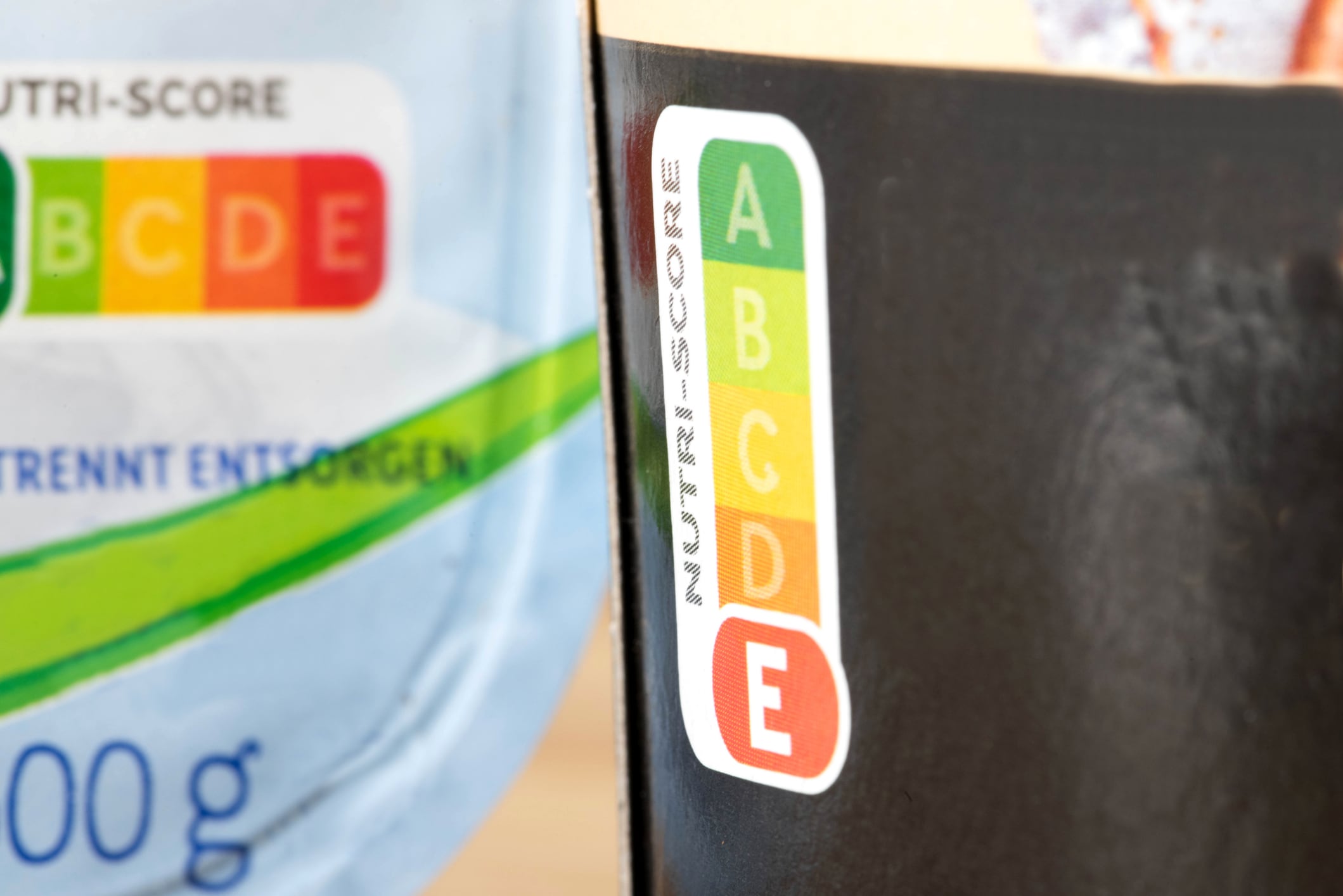
The dairy major disagrees drinkable dairy and plant-based products should be considered beverages under Nutri-Score, arguing it “misrepresents” their nutritional and functional qualities.
“It risks confusing consumers by giving similar products different Nutri-Scores simply because of their format,” explains a Danone spokesperson.
Can Nutri-Score win Danone back?
As it so happens, Nutri-Score is going through a rough patch. The nutrition labelling scheme appears to have fallen out of favour in Brussels, and some of the biggest names in food – including Danone and more recently Nestlé – are pulling back from using it in certain categories and regions.
If Nutri-Score wants to win back the big brands, which would be a logical step on its way back to Brussels, publicly shaming one of the biggest may not be the best plan.
Danone isn’t outright opposed to nutrition labelling schemes. In fact, it has publicly supported the adoption of a harmonised, science-based nutritional information system across the EU and advocates for transparency. However, it’s highly unlikely the company will endorse any system linked to Nutri-Score. If that wasn’t already clear, it certainly is now.


